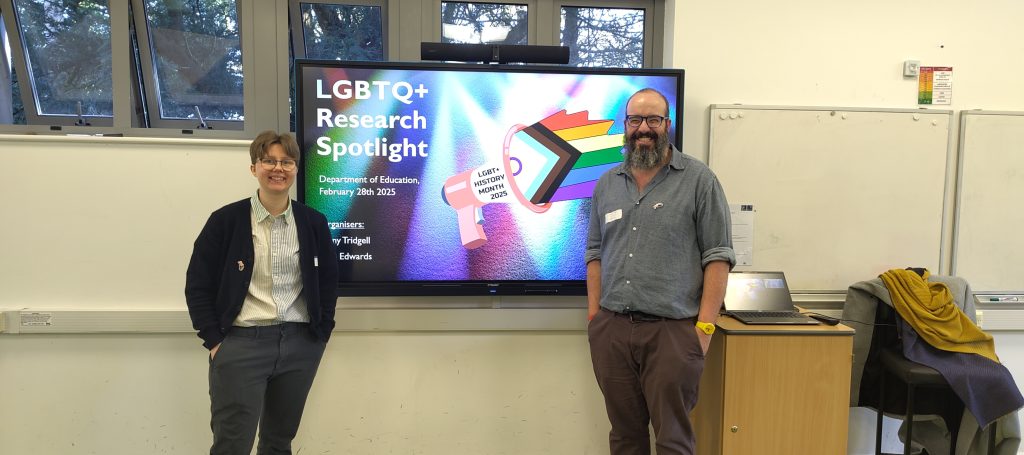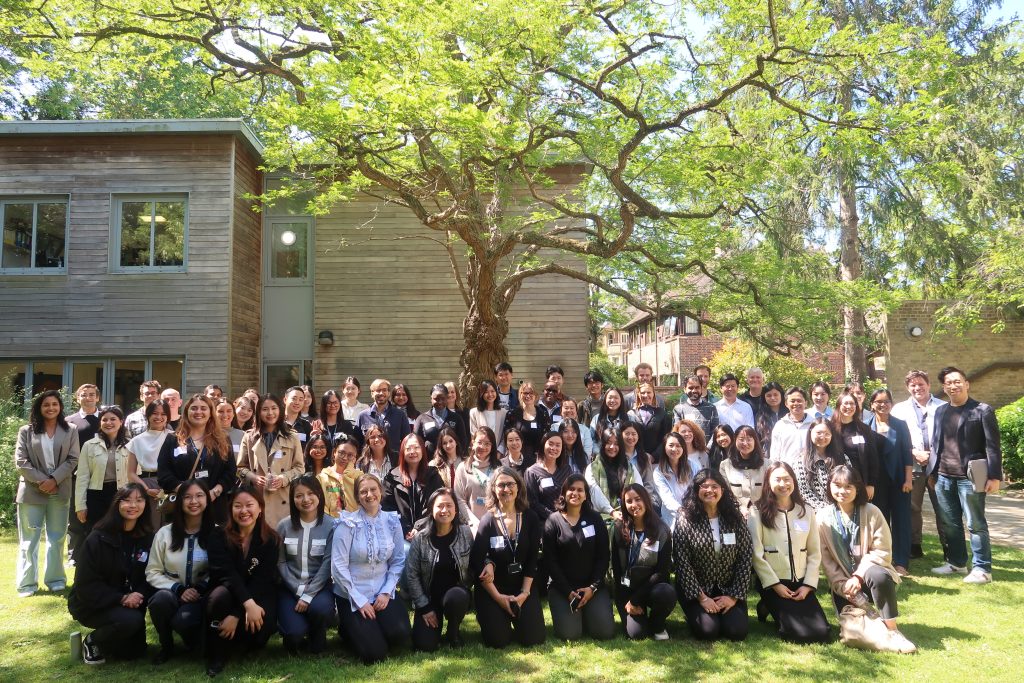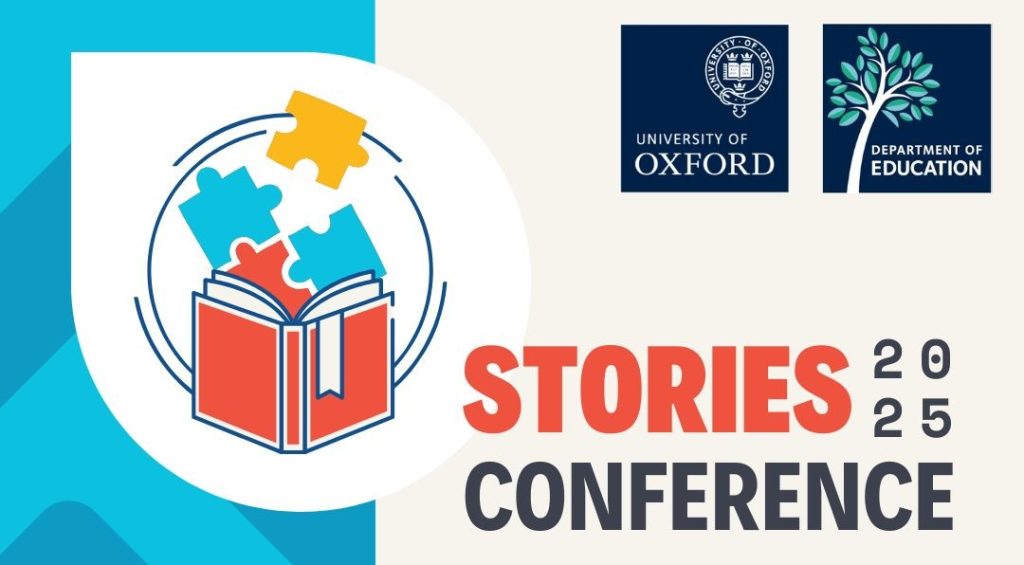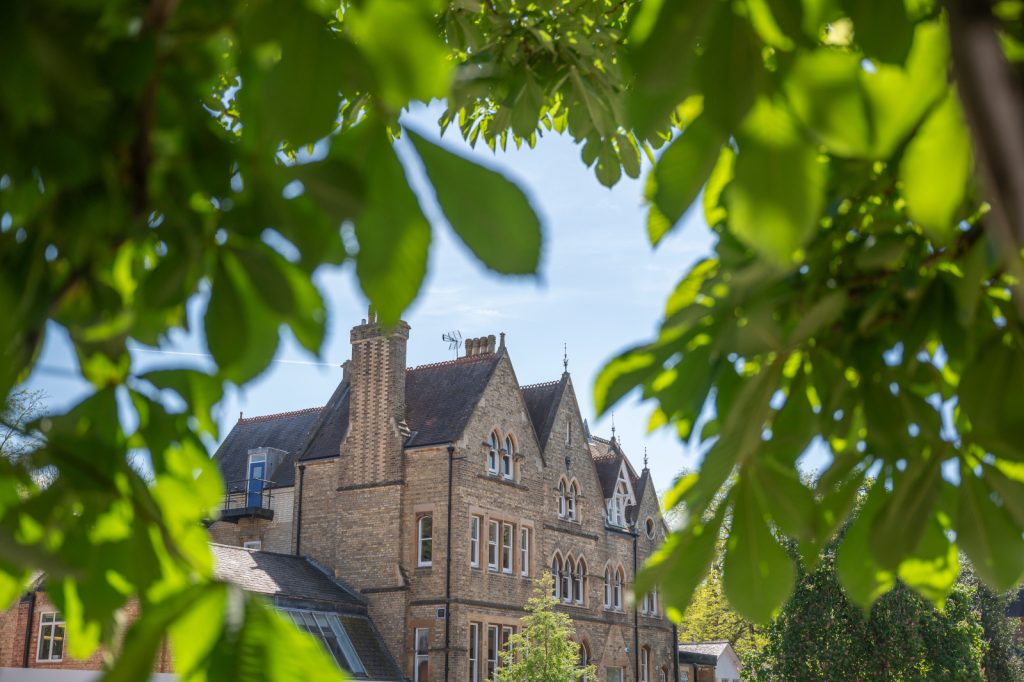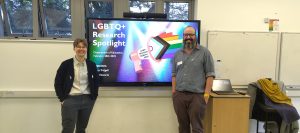
LGBTQ+ Research Spotlight Event
We held our first ever LGBTQ+ Research Spotlight Event at the Department of Education to mark the end of LGBT+ History Month (held every February in the UK). In this blog, I hope to share with you not just some of the reasoning behind the event and what we did, but why these events themselves are so meaningful.
What is LGBT+ History Month?
LGBT+ History Month was founded 20 years ago by the charity Schools Out to celebrate and acknowledge the enormous contribution made by LGBT+ people to every element of human life. It was founded following the removal of the egregious Section 28 of the Local Government Act, passed in 1988 and repealed in Scotland in 2000 and then in England and Wales in 2003. This Act forbade speaking positively about homosexuality in schools, or the promotion of homosexuality as a “pretended family relationship. Like many queer people in the UK, the majority of my education was conducted under its cruel supervision, meaning that growing up I heard nothing positive about being gay. Queer lives were rendered invisible and taboo or reduced to negative stereotypes or even debates about our right to exist. LGBT+ History (then and now) seeks to combat this invisibilising and stereotyping and invites us all to be activists in whatever way we can, including through living our own lives visibly and through education of others.
Why hold a Research Spotlight on LGBTQ+ Research?
I had the idea to hold this event in December last year and was influenced by some of the reading I had done during my MSc around how oppression functions, in particular the ideas of Iris Young (2003) and Patricia Hill Collins (2009), who both write about the role of institutional power. By running an LGBTQ+ Spotlight Event at the University of Oxford, we hoped to help promote the epistemological value of queer research and contribute to the work already being done to ensure that LGBTQ+ people are celebrated, understood and included in our institution. This was, perhaps unsurprisingly, galvanised, by a frightening rise of anti-LGBTQ+ sentiments, particularly towards trans and non-binary people, both here and overseas.
I reached out to my friend Milo Edwards, who is currently completing their DPhil at the Department of Education to see if they would be keen to help (and I am immensely grateful they said yes!). A key driver for running this event was our curiosity – we wanted to hear more about interesting research being done across the university and to give people a chance to come together and discuss this together. Part of our goal was also to provide a space for networking and community-building for LGBTQ+ researchers and their allies, as well as offer space to get feedback on work being done from colleagues in the community.
How did we structure the day?
We organised the day around presentations from several incredible colleagues across the university, as well as opportunities to debate three key questions:
- Where are the gaps in LGBTQ+ Research?
- What are some of the barriers to being an LGBTQ+ researcher or researching LGBTQ+ experiences?
- How can LGBTQ+ research draw on decolonial, feminist or other emancipatory research practices?
The list of topics covered by our speakers was broad, and I share the titles of each talk below:
- Movement of mist? Exploring organizer’s perception in Chinese LGBTQ+ organising
- Queer university? Thinking about LGBTQ+ experiences of past and present students at Oxford University
- Cultural discourses on queer kinship
- Highlighting the experiences and unmet needs of LGBTQIA+ people living with Parkinson’s Disease through Art and Neuroscience
- Conceptualising a Queer Climate Justice
- Democracy and LGBTQ+ Rights: A Complex Relationship
- The Love of God – the Queer Chastity of Enclosed Religious Women
- “Sounding” the Queer Body in Derek Jarman’s Blue
- Essentialised, sanitised and Eurocentric: an analysis of representations of Christian attitudes towards homosexuality and African Christianities in English RE textbooks
What were my key takeaways?
The first was that there is an incredible joy to be had in spending the day with like-minded and interested colleagues all focused on LGBTQ+ liberation. We need to do more to build these opportunities into departments, colleges and the university more generally.
The second was just the sheer wealth of fascinating research happening across the university. I was introduced to ways of thinking about queerness that I’ve never heard before. Katharine Daisy-Gard made me see climate justice in a whole new way, with LGBTQ+ equity sitting at the heart of justice, not just to one side. Niall Conway and Melissa Gibbs provided a great insight into what it might be like to be queer and experience Parkinson’s disease, and the role art might play in promoting inclusion. Jakob Tynan’s poetic discussion of Blue showcased not only the power of the film, but the ways in which art can be used as a medium for expressing our research, especially when challenging invisibility and marginalisation. I loved Charlotte Ross’ discussions of what is meant by kinship, as well as her point about queerness as an “event horizon” in one of our discussions and how this linked Milo Edwards’ point about “queer failure.” Milo’s reflections on this as part of their research, and how they came to terms with it, was a lightbulb moment for me. As an RE teacher, I really enjoyed hearing about Megan Stuart’s research into the experience of anchorite women in the early modern period, especially the fascinating insight into how enclosed women understood their relationship with Jesus, and it was a pleasure to share and discuss my research into RE textbooks with such a thoughtful group of people.
My third takeaway was on the power of community and networks. I recently attended a great training by Pride & Progress, who host a fantastic LGBTQ+ Research Network, which emphasised just how liberating these groups can be. I am proud to be a member of our own LGBT+ Staff Network the University of Oxford (more information here: LGBT+ Staff Network | Equality and Diversity Unit), which is open to staff and postgraduate students alike.
LGBTQ+ Research is exciting and fast-moving, drawing on a wide range of disciplines, including queer theory, but it is also a space populated by motivated, compassionate and thoughtful activists, who are working together to ensure that no-one is forgotten and everyone can, one day, live fulfilled and happy lives where their queerness is cause for celebration. I am deeply grateful to everyone who made it possible for us to participate in this at our Spotlight, and I look forward to more queer joy in the future!
Written by Honorary Norham Fellow, Jonny Tridgell.







